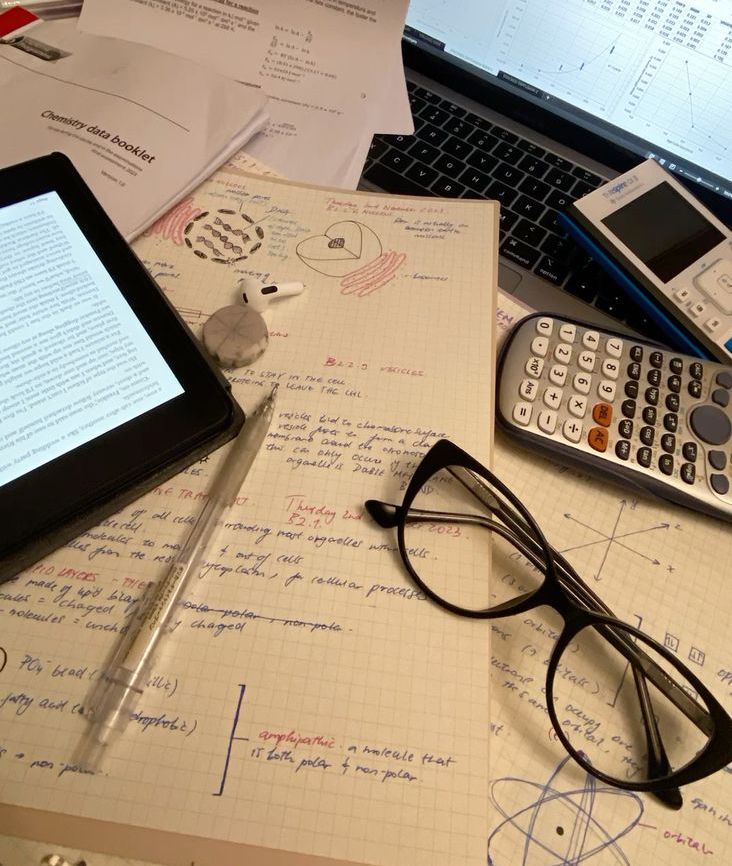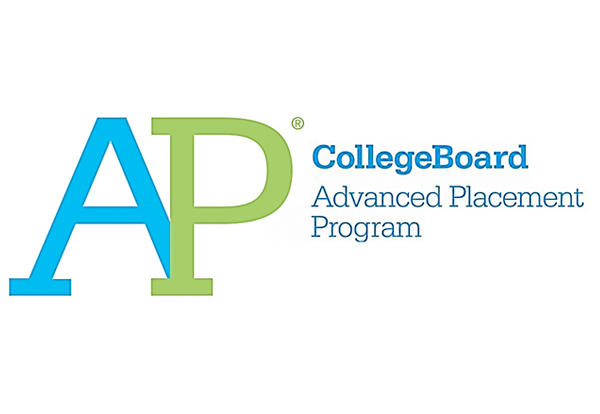With winter break quickly approaching, so is the end of the semester. Final exams and projects await students after their deserved two weeks off from school. Along with the start of the second semester, academic burnout amongst students is about to reach an all time high during the school year. The stress caused by the weight of finals can leave students as a hollow shell of themselves, directly impacting their performance in those exams they worry so deeply about.
Academic burnout is defined as when a student experiences severe detachment, fatigue, struggle sleeping, loss of appetite and motivation, and irritability. These can be caused by a variety of factors, a few being work overload, lack of support, unrealistic expectations, and most commonly, academic pressure. Many students also struggle to find a healthy balance between their school, home, and social lives, resulting in poor time management skills. These skills are vital to avoiding burnout since they eliminate multiple assignments piling up on top of each other and creating even more stress for students.
While consulting Tahoma High School ACGI teacher and We The People advisor, Mrs. Wulfing, she acknowledges that “finals are hard. They’re very hard on the kids and I’ve seen it first hand. It’s especially hard for me as a teacher to see a student who’s usually so vibrant be weighed down by the toll academic burnout has caused them.” She also emphasizes the need for sufficient support for students, both in and out of the classroom. “I try to reach out whenever I can. Usually I can tell when a student is struggling and I make an effort to let them know that they’re not alone.”
When it comes to exploring the effects of academic burnout, it’s best to go straight to the source. Tahoma High School senior Sumaiyya Zunairah comments that “finals are the most stressful part of the year. I take a lot of AP classes and I’m in a few clubs so it’s hard to find that balance sometimes.” Academic burnout can leave students feeling trapped, even after finals are over. The lack of motivation they are left with can bleed into the start of the next semester, even when they get to start anew.
The best way to prevent academic burnout, not only during finals week but all throughout the year, is to set realistic goals and learn when to say “no”. You are your first priority so it is imperative that you put your health first above all else. Don’t shy away from asking for help, whether it be from your friends, family, or teachers. Recognizing the early signs of burnout is key to preventing long-term harm, ensuring you can navigate your school year with resilience.









